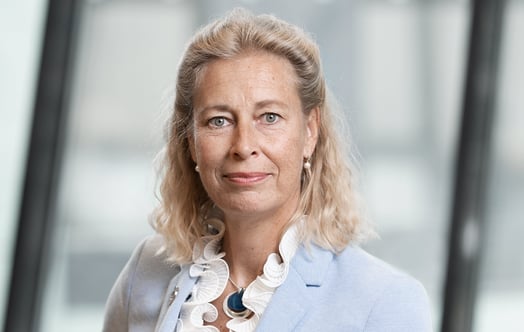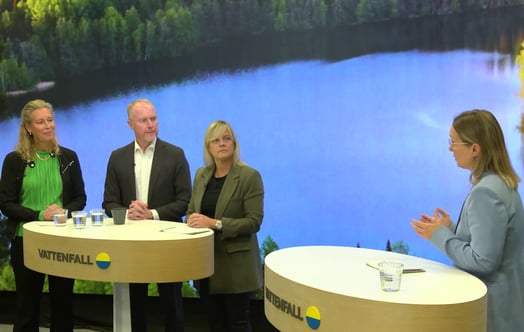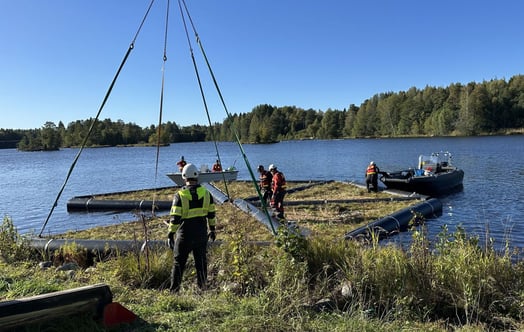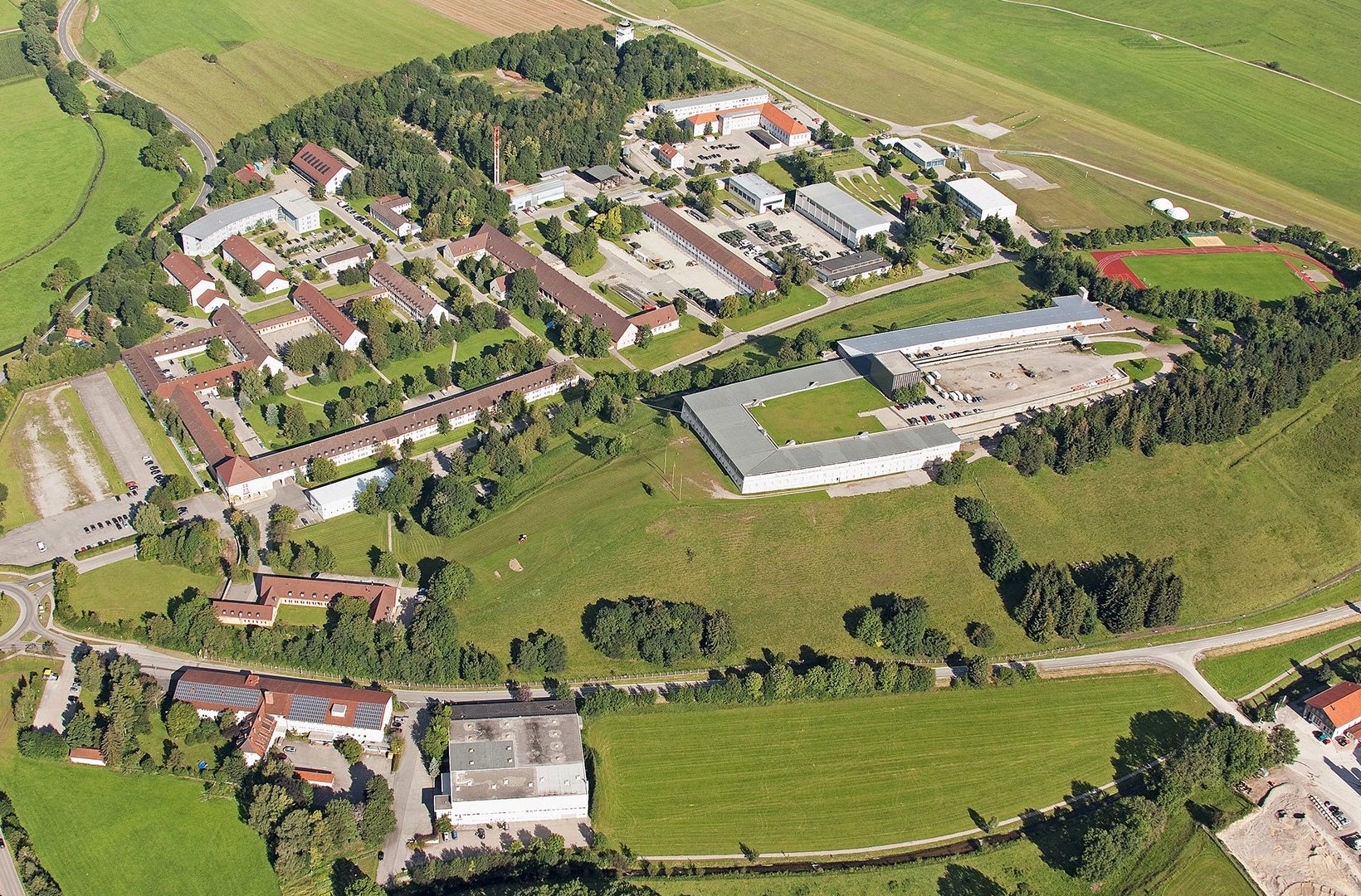
Vattenfall helps German Federal Armed Forces to save 3,000 tonnes of CO2 emissions annually by replacing coal with waste heat and gas boilers.
Jürgen Bertelsbeck is a heating supply engineer at the Federal Office for Infrastructure, Environmental Protection and Services of the Federal Armed Forces in Munich. He explains how the Federal Armed Forces are replacing their last hard coal heating system at their Altenstadt site with an innovative, decentralised supply concept from Vattenfall, thereby reducing their future CO2 emissions by 3,000 tonnes per year.
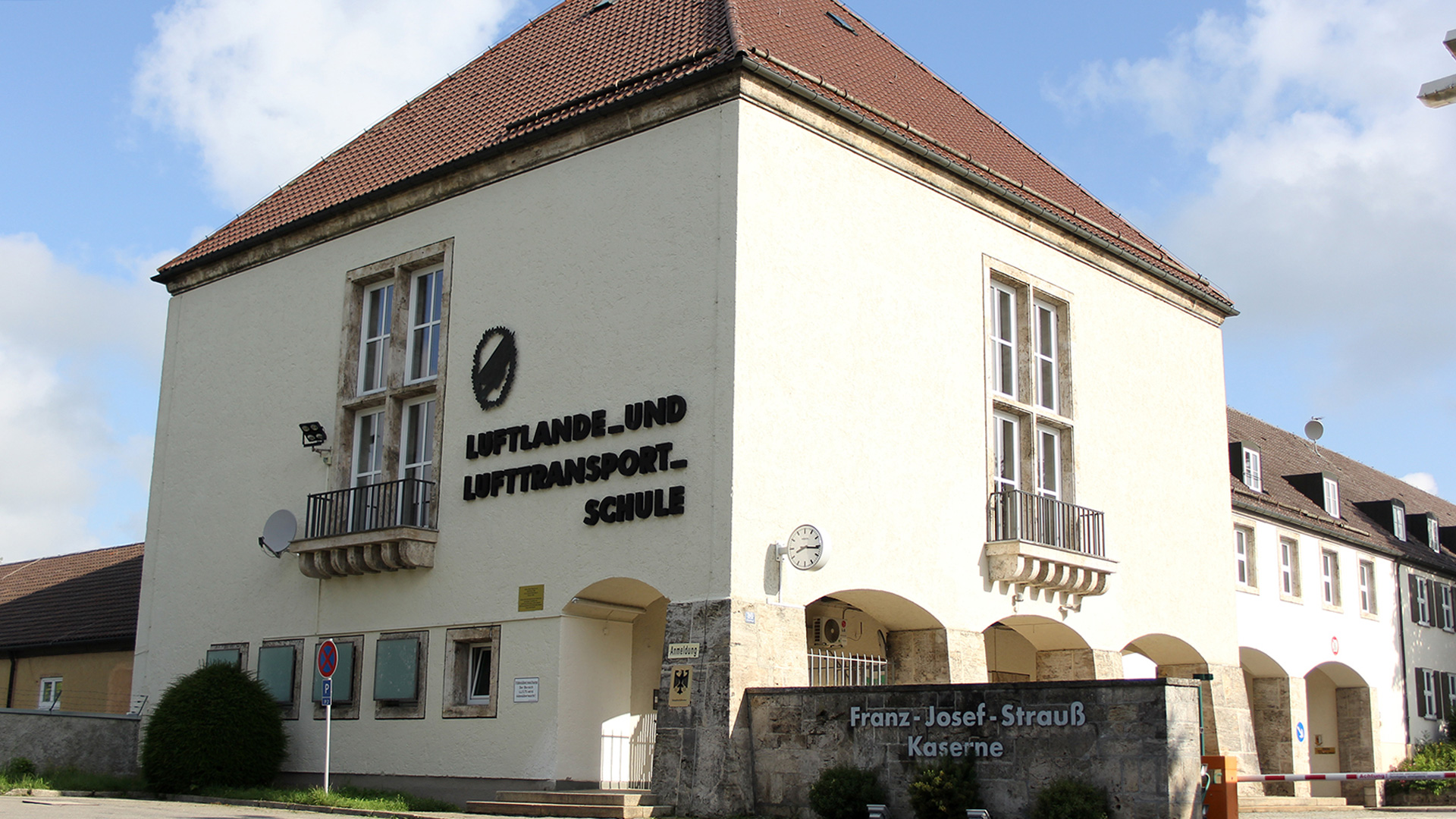
The Franz-Josef-Strauß barracks in Altenstadt will be supplied with decentralized heat in an environmentally friendly manner
A boiler house is due to be built by Vattenfall on the land adjacent to Altenstadt Barracks. What role will this boiler house play for you?
Up to now, we have supplied the Franz-Josef-Strauss Barracks in Altenstadt with heating via hard coal and oil. Once the final decision had been taken to retain the training base for airborne forces/air transport, plans could get under way to redesign the heating supply for this site. The coal-fired boilers were taken out of operation at the end of the 2018/2019 heating period. In future we want to supply the site with heat in a much more climate smart way. With Vattenfall, we found a partner that will supply us with heat produced in an sustainable way from the neighbouring property, which is why we are now building this boiler house.
What will this environmentally friendly heat supply look like?
Vattenfall will enable us to obtain our heat supply from the excess heat of a biogas plant all year round. We will therefore use the heat generated by the biogas plant of a neighbouring farmer, which would otherwise be released into the surroundings as waste heat. Vattenfall will integrate this climate-smart heat into the boiler house, thereby covering 50 per cent of our hot water and heating requirements. Vattenfall is also installing three low-temperature boilers for the increased heat demand in the cold season. With this supply solution, we can reduce CO2 emissions by 3,000 tonnes per year overall compared to the current situation with the use of coal.
What was the benefit of no longer generating your heat supply autonomously?
The Federal Armed Forces Administration also designs, builds and operates all manner of heat generation plants, including modern, environmentally friendly technologies such as deep geothermal, CHP, near-surface geothermal, pellet heating and solar thermal. The site in the barracks on which the current boiler house stands will, in future, be required as a training facility for the airborne forces/air transport training base, which is housed in the barracks. This is why we decided to work with a specialist and put our heating supply out for tender. We initially also considered a combination of pellet and gas-fired boilers, which would have meant a significant reduction in CO2 compared to coal already. Thanks to Vattenfall, we have an alternative to incinerating wood and can make use of the excess heat generated from our neighbour's biogas plant. This also means that a proportion of the value creation remains in the region, says Bertelsbeck.

